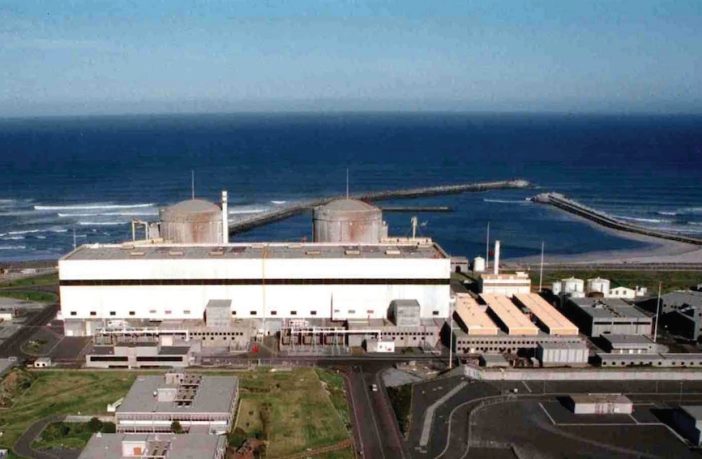Opinion
- On 27 February 2023 the Department of Cooperative Governance and Traditional Affairs gazetted the national state of disaster regulations related to South Africa’s energy crisis.
- Link to the gazette HERE
When the government first announced that it intended to declare a state of disaster, many experts and organisations stated that it was not necessary and a relaxed legislative environment would erode democratic governance. Inaction by the Department of Mineral Resources and Energy (DMRE) caused the high levels of load shedding. Declaring a state of disaster was just an attempt to deflect blame.
This declaration of a state of disaster to “cut through the red tape” also allows the state to bypass important regulations and processes which is a major concern.
Environmental management laws are excluded
The National Environmental Management Act (NEMA) has often been a thorn in the side of powerful lobbies. It is under this law that multinational oil companies have been prevented from exploring for offshore oil, and that Thyspunt was rejected by the Department of Environmental Affairs as a potential site for a new nuclear plant. The nuclear and fossil fuel lobbies must be delighted by some clauses in the new regulations.
For example, section 5 (h) reads: “streamlining and expediting application and decision-making procedures for regulatory processes related to energy generation projects, including designating a single department…”
It seems likely that this department will be the DMRE, which has attempted to initiate some economically disastrous projects, such as a twenty year cost-plus contract with Karpower, and a new nuclear build at an estimated total cost of R1-trillion.
The cost-plus contract would mean Karpower would get paid for expenses incurred plus a specific amount of profit. That would mean Eskom would be obliged to pay for the power for two decades, even if the cost triples due to an increase in gas prices.
Koeberg life extension
It is not only new build projects that can get a free pass under the regulations. Eskom has applied to the National Nuclear Regulator (NNR) for the licence for the Koeberg nuclear plant to be extended beyond when it expires in late 2024. This should trigger the need for an Environmental Impact Assessment (EIA), as, amongst other things, the extension would result in 50% more nuclear waste being generated, and hence the expansion of the total footprint of the operation of the plant.
In addition, the ‘receiving environment’ has changed significantly since the plant came online, which also suggests that an EIA is in fact needed. The ‘receiving environment’ is the area around the site in question, and there have been dramatic changes in the population levels around Koeberg over the past few years.
However, regulation 5 (i) of the new disaster regulations deals with this explicitly with the exempting of “upgrades, refurbishments, adjustments and repairs of existing energy infrastructure and existing generation, transmission and distribution facilities, from the provisions of the National Environmental Management Act, or any specific environmental management Act, or any regulations published in terms thereof”.
This means one of the major pillars of our constitution, the right to a clean environment, is being bypassed by this ill-advised state of disaster.
Life extension for endemic corruption
There have been startling allegations made recently about pervasive and politically supported corruption at Eskom. Gradually the schemes used to defraud Eskom are being revealed, from overpriced toilet paper; R85,000 for a pair of knee pads; and billions of rands of diesel bought above market price.
An ideal site for this corruption to continue unabated is one which is already shrouded in secrecy, and where the excuse of ‘national security’ can be used to refuse the release of information on progress, problems and cost overruns. Koeberg satisfies those requirements and, according to inside sources, the R20-billion project has already escalated to just under R40-billion, although Eskom is still denying this.
Declaring a state of disaster was merely an attempt to distract from the failure of government to oversee the creation of generation capacity, and these regulations are a further free pass to the feeding trough for which Eskom has become known.
Author: Koeberg Alert Allianc
Disclaimer: The articles and videos expressed in this publication are those of the authors. They do not purport to reflect the opinions or views of Green Building Africa, our staff or our advertisers. The designations employed in this publication and the presentation of material therein do not imply the expression of any opinion whatsoever on the part Green Building Africa concerning the legal status of any country, area or territory or of its authorities.















